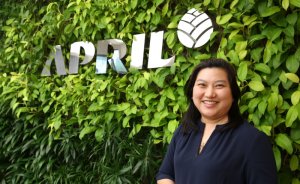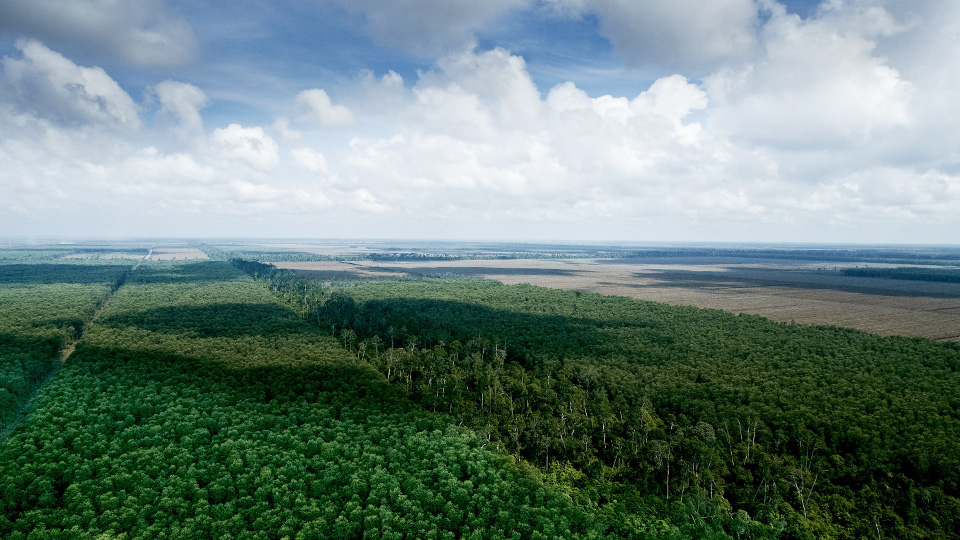The future is electric vehicles
- Details
E-buses leading the movement toward clean-energy transportation.
Transportation accounts for nearly a quarter of global CO2 emissions, according to the World Resources Institute. It is a major contributor to climate change and, without intervention, it is likely the trend will continue in the coming years.
Electric vehicles (EV) are the talk of the town nowadays and for reasons we can all understand: clean energy. The rise of urbanization calls for sustainable solutions that aim for higher mobility and less pollution — and at the top of the list are electric buses.
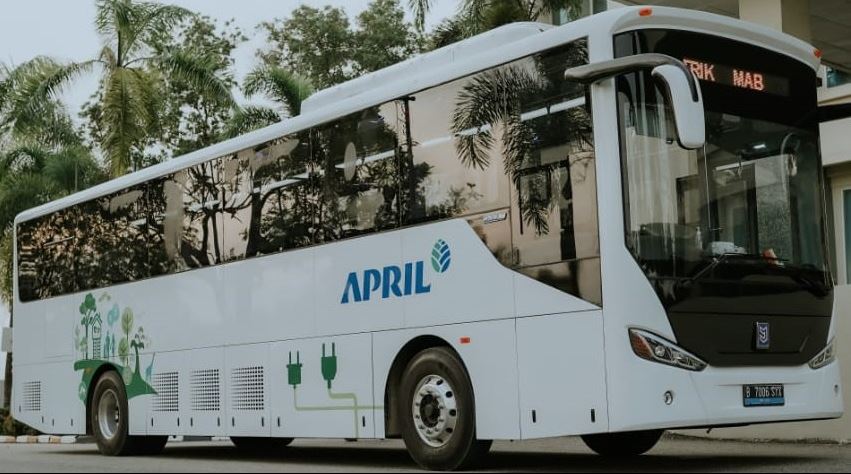
Urban mobility
Most land-transport vehicles in Indonesia are powered by fossil fuels, which generate large amounts of pollution. Electric vehicles, on the other hand, are fuelled by electricity in the form of batteries or a power grid. It is important to note that electric vehicles are not the same as hybrid vehicles, which combine the use of battery power and an internal combustion engine. Electric vehicles rely entirely on electricity.
“Driving a conventional gasoline car for 10 kilometres can produce 2.4 kg of CO2 emissions. Whereas the emission for an electric vehicle traveling for 10 km is 850 grams,” said Darmawan Prasodjo, the deputy director of PT PLN in a recent statement.
With road transport dominating mobility in Indonesia, public electric buses are a concrete solution that can be implemented right away in reducing the country’s emissions and reliance on fossil fuels.
Last year, a trial program was launched by TransJakarta, the capital city’s bus operator to operate 100 electric buses. So far, the results are optimistic: e-buses emit zero emissions, possess durable batteries and require low-maintenance. This year, TransJakarta’s e-bus fleet has contributed in reducing 3,300 tons of greenhouse gas emissions; and building on the trial program, it expects to have 10,000 electric buses in service by 2030. Moreover, the e-bus fleet is also expected to reduce the number of air-pollution-related cases of illnesses in the city, which amounted to 5.5 million in 2020. Jakarta’s governor, Anies Baswedan, is hopeful the e-bus fleet will provide a healthier alternative for all residents.
Clean energy commitment
The same commitment toward clean energy was demonstrated by APRIL Group when it recently purchased two electric buses, which will cover the company’s operational areas in Pangkalan Kerinci, Riau. The buses are manufactured by a domestic firm, PT Mobil Anak Bangsa, and utilized to support the company’s operational activities.
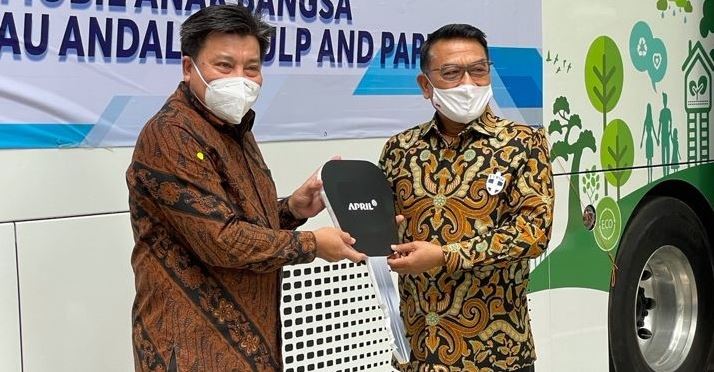
The bus takes no more than three hours to charge and has a maximum speed of 110 kilometres per hour. The buses demonstrate APRIL Group’s commitment in becoming climate positive. The company’s sustainability blueprint, APRIL2030 aims to meet the challenges of the next decade and to deliver a positive impact on climate, nature and people while growing their business sustainably through Climate Positive, Thriving Landscapes, Inclusive Progress and Sustainable Growth strategies.
Additionally, by 2030, the company hopes to achieve net zero carbon emissions with regard to land use; enhance the planet’s resilience against climate change; and eliminate extreme poverty across all neighbouring communities where the company operates, while ensuring business transformation toward sustainable growth.
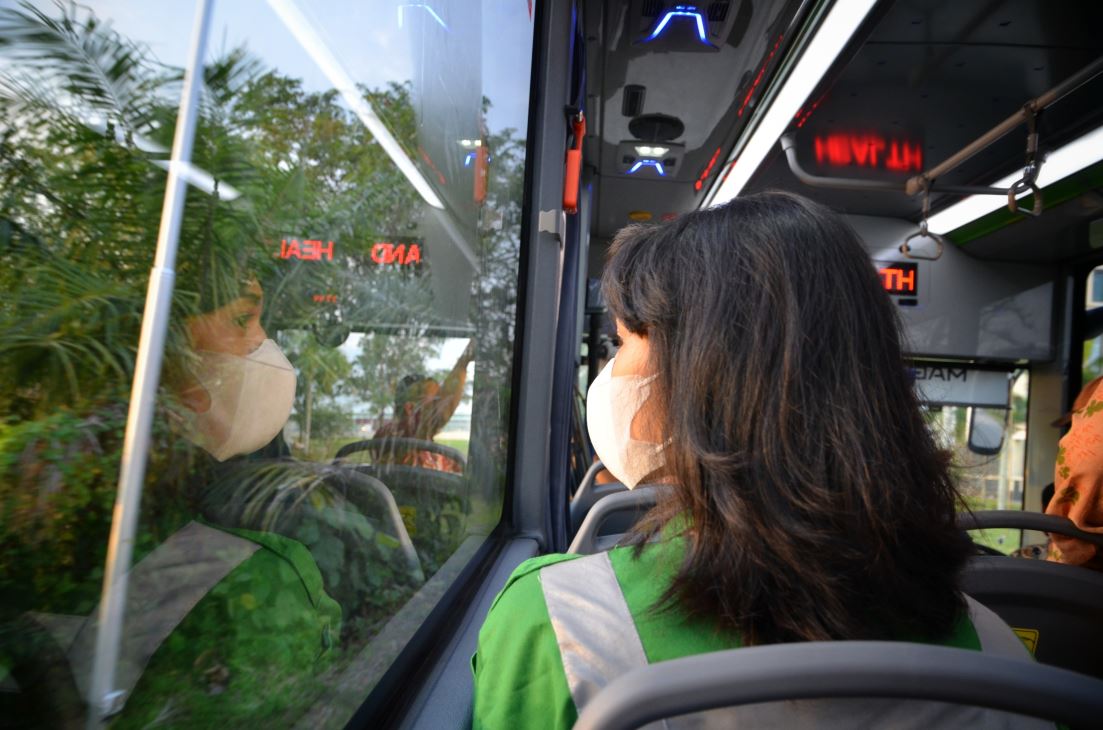
The road ahead
APRIL Group’s vision also supports Indonesia’s Paris Agreement commitment to reduce emissions. The expansion of electric vehicles in the country is a significant start, both for private and public uses. However, the transition to clean energy is far from easy; and to achieve its national contribution, the government needs all the support it can get, from individuals to businesses.
More Articles


